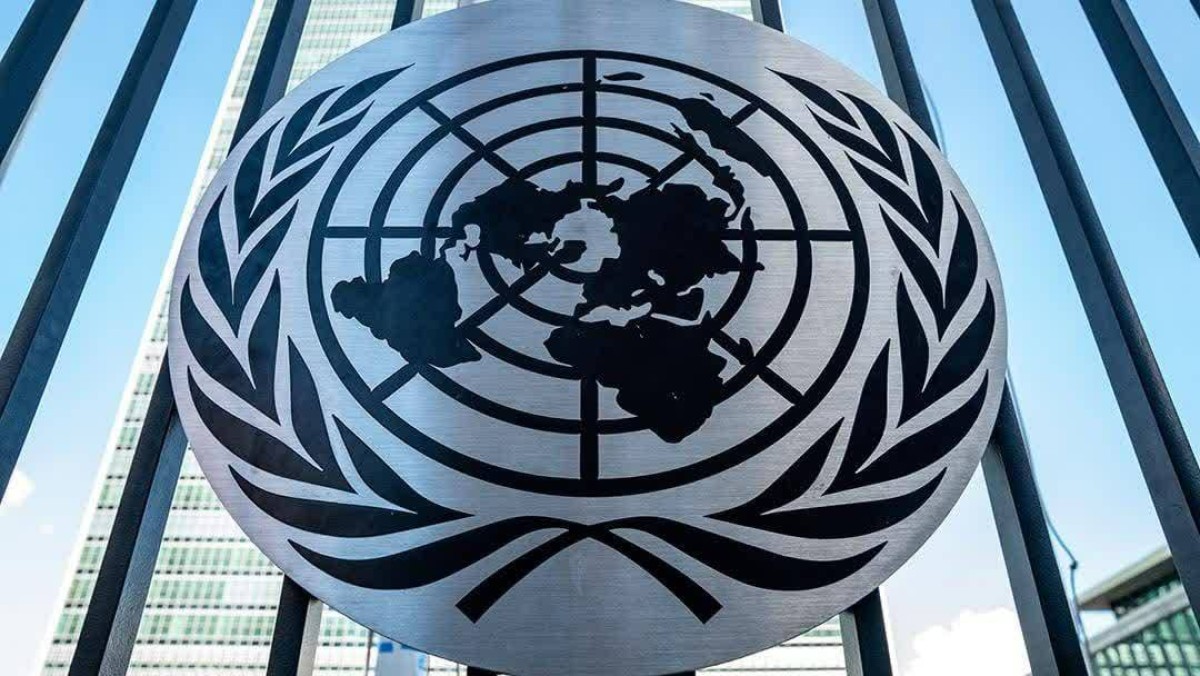 3083
3083
By: A. Yeganeh
In the past few decades, the discernible ineffectiveness of international organizations has become readily apparent to governments and nations across the globe. The proliferation of global cases with extra-regional dimensions in recent times has underscored the utter failure of the United Nations (UN) to effectively resolve any of these cases. The reasons for this fiasco are intricate and multifaceted. The UN, established in the aftermath of World War II, was conceived with the intention of generating surplus power and international legitimacy for the victorious nations of the war, thereby sanctioning their future actions. To ensure the latter, the inclusion of veto power for the five principal members of the UN was deemed indispensable. However, this veto power has engendered discord among the primary countries within the organization, thereby impeding progress. Consequently, unresolved disputes endure, and whenever the interests of a permanent member of the UN Security Council are at stake, their veto power obstructs the UN's capacity to investigate and resolve the issue.
Given that the United Nations is headquartered in the United States and heavily reliant on funding from the US government, it is unsurprising that the influence of Washington over the organization is substantial. Regrettably, this influence has engendered numerous predicaments for other countries, as the US undermines the independent decision-making of the global body. The instances of the Yemeni war, the Palestinian issue, the Nagorno-Karabakh crisis, and the Ukrainian conflict serve as examples of lingering international situations due to direct or indirect US mischievous interventions. Consequently, the United Nations has been reduced to an organization with limited efficacy, serving primarily as a tool for powerful nations.
The instrumentalization of the UN has reached such a magnitude that even Western intelligence agents operate under the guise of UN representatives to infiltrate adversarial countries, as witnessed in the case of Iran. These agents gain access to Iran's nuclear facilities and confidential information, subsequently furnishing them to intelligence organizations. Such actions have significantly tarnished the reputation of the global organization.
In light of recent developments, it is imperative to contemplate the reform of this global institution, as advocated by many developing nations such as India, Brazil, and other countries outside the central power structure of the UN. Additionally, countries like China are exploring the establishment of parallel organizations to the UN, seeking to establish a counterbalance to Western-oriented institutions by bolstering the BRICS and Shanghai organizations. While the dissolution of Western international organizations may be of secondary concern, the primary focus should be on the weakening of Western-oriented entities and the burgeoning influence and global acceptance of Eastern-oriented organizations. Emerging less developed countries are asserting their power, and Eastern countries are leveraging this exceptional position to reshape the emerging world order. This trend is anticipated to gather further momentum in the future. As significant global cases continue to unfold across various regions, Eastern countries can exhibit the prowess of their established organizations to the international community.
Significantly, the ascent of China as a global superpower assumes a pivotal role in this transition from Western-based organizations to Eastern-based ones. It signifies the official declaration of a non-military confrontation against the United States, symbolizing the demise of the US-led unipolar world system as the dominant player in international relations. This East-West confrontation will prove advantageous to countries like Iran, which aspire to exercise independent decision-making. The Islamic Republic of Iran possesses the potential to assume a momentous role as a mediator between Eastern and Western powers.
In conclusion, the inefficiency of international organizations has become increasingly conspicuous in recent times. The United Nations, beset by internal discord and susceptible to the influence of powerful nations like the United States, has encountered difficulties in effectively addressing global issues. The instrumentalization of the UN and the rise of Eastern-oriented organizations underscore the necessity for reform and a realignment of the global power dynamics. As the world undergoes transformation, countries such as Iran have an opportunity to assert their autonomy and contribute to a more equitable international order.
Comment
Post a comment for this article